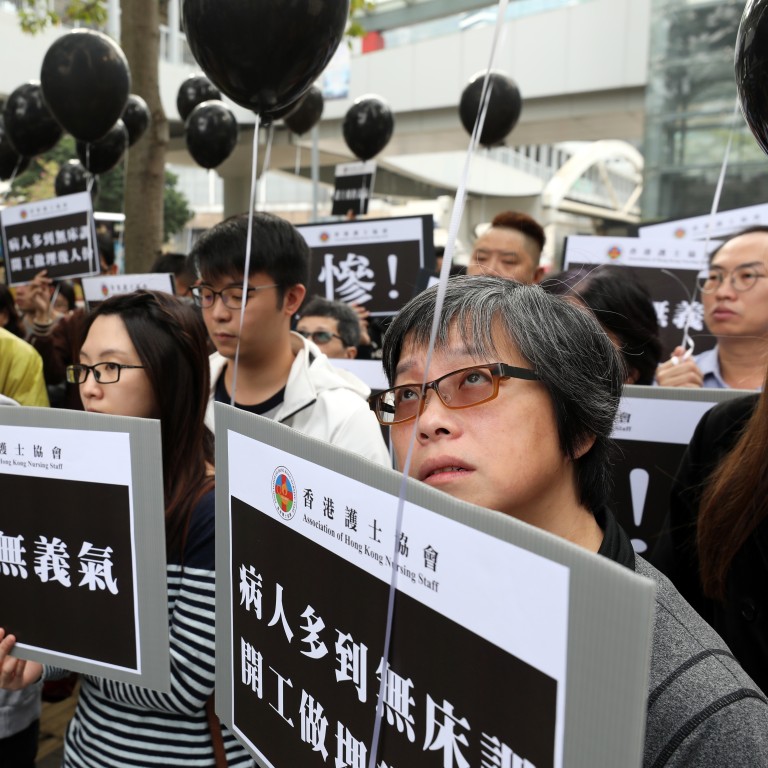
Letters | To cure Hong Kong’s public health sector, do as Singapore does
- Following the example of a rival city need not be a matter for shame, as long as it can effectively defuse or resolve our public health care crisis
However, while extra funding may be a momentary balm, it is not enough to ease qualms or resolve the crisis permanently, especially in view of Hong Kong’s rapidly ageing population and thus an expected increase in patient numbers. It’s most important to boost the number of medical staff. Training more professionals locally will not resolve the manpower crisis immediately. We need to let in foreign medical graduates.
Strong protectionism is preventing Hong Kong from serving people better with a bigger health care team. Our current medical professionals might be worried about competitors from overseas putting them at a disadvantage, with regard to compensation, for example. But the strong demand for medical staff means that this will not happen, I dare assure them.
And to address another concern about the worsening quality of medical staff, we can follow the example of Singapore. It recognises about 200 medical schools around the world, and allows graduates from there to register as medical practitioners.
Following the example of a rival city need not be a matter for shame, as long as it can effectively defuse or resolve our crisis.
Randy Lee, Ma On Shan

